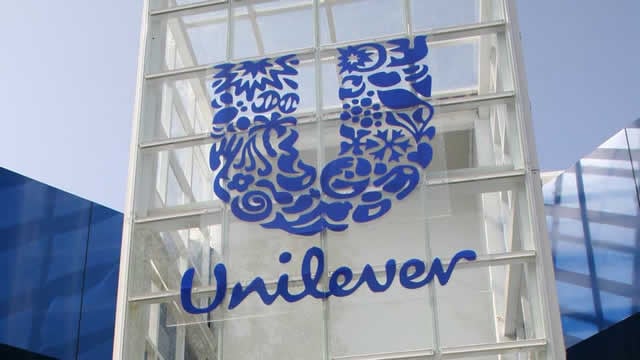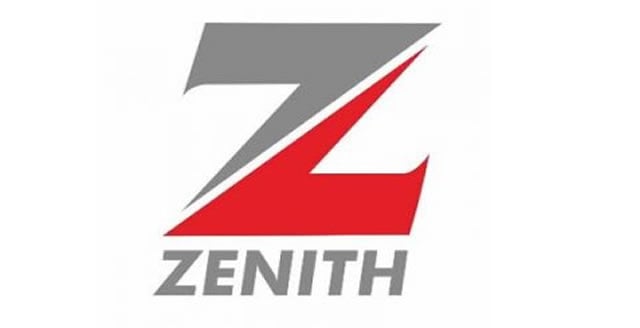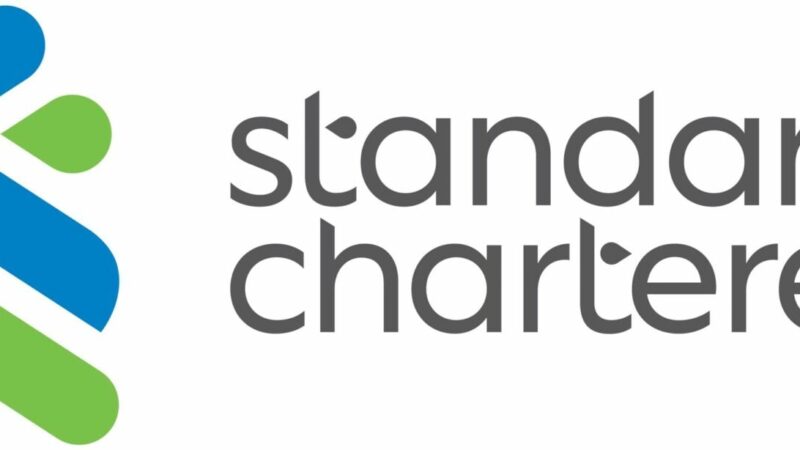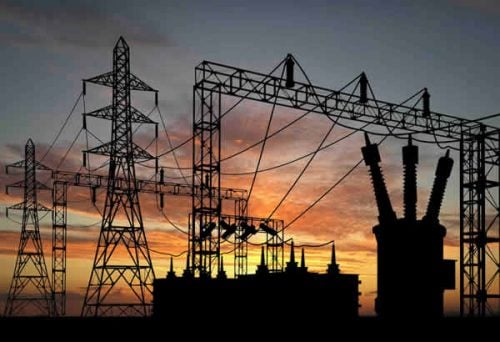NUPRC to reduce gas emissions
 The Nigerian Upstream Petroleum Regulatory Authority has announced plans to capture up to 250 million cubic feet of gas flares daily to reduce emissions in the upstream petroleum sector.
The Nigerian Upstream Petroleum Regulatory Authority has announced plans to capture up to 250 million cubic feet of gas flares daily to reduce emissions in the upstream petroleum sector.
NUPRC’s Chief Executive, Gbenga Komolafe, disclosed this at the ongoing 42nd Annual International Conference and Exhibition of the Nigerian Association of Petroleum Explorationists in Lagos.
Nigeria has continued to flare gas. Between 2012 and 2022, Nigeria flared an estimated 80 billion standard cubic metres of gas worth about N9tn as part of its oil production process.
According to Komolafe, the NUPRC has prioritised decarbonisation efforts through the Nigerian Gas Flare Commercialisation Programme, “aiming to capture 250 million cubic feet per day of gas flares and significantly reduce emissions.
Speaking further, Komolafe called for a collective approach to address Nigeria’s energy trilemma of security, affordability, and sustainability.
While commending NAPE members for their contributions to Nigeria’s oil and gas sector, he emphasised that technological advancements have bolstered the industry and the economy.
Highlighting the energy challenges, he reiterated the Nigerian government’s commitment to creating an investor-friendly environment that enables energy independence.
While outlining Nigeria’s need for energy security, affordability, and sustainability, Komolafe assured attendees of President Bola Tinubu’s support for initiatives aimed at maximising benefits from the nation’s oil and gas resources, including Project 1 MMBOPD, which aims to achieve incremental oil production levels for greater energy security.
He said crude and condensate production is now 1.8 million barrels per day, saying the target is 2mbpd as of December.
In alignment with Nigeria’s new Petroleum Industry Act, Komolafe detailed several regulatory frameworks implemented by NUPRC to boost transparency and encourage investment.
This includes the issuance of 25 priority regulations, the Upstream Asset Divestment and Exit Framework to manage asset transfers, and a licensing round for 31 oil and gas blocks intended to expand reserves and stimulate economic growth.
Other initiatives mentioned include enforcing the Domestic Crude Supply Obligation to ensure refineries have access to crude oil, as well as implementing advanced metering systems to track production and combat theft.
He also noted that NUPRC’s focus extends to social responsibility, highlighting the successful incorporation of 137 Host Community Development Trusts, fostering better industry relations and encouraging peaceful coexistence between oil companies and local communities.
Komolafe expressed confidence in Nigeria’s potential to achieve its energy goals, urging industry professionals to support NUPRC’s initiatives for a sustainable energy future.







